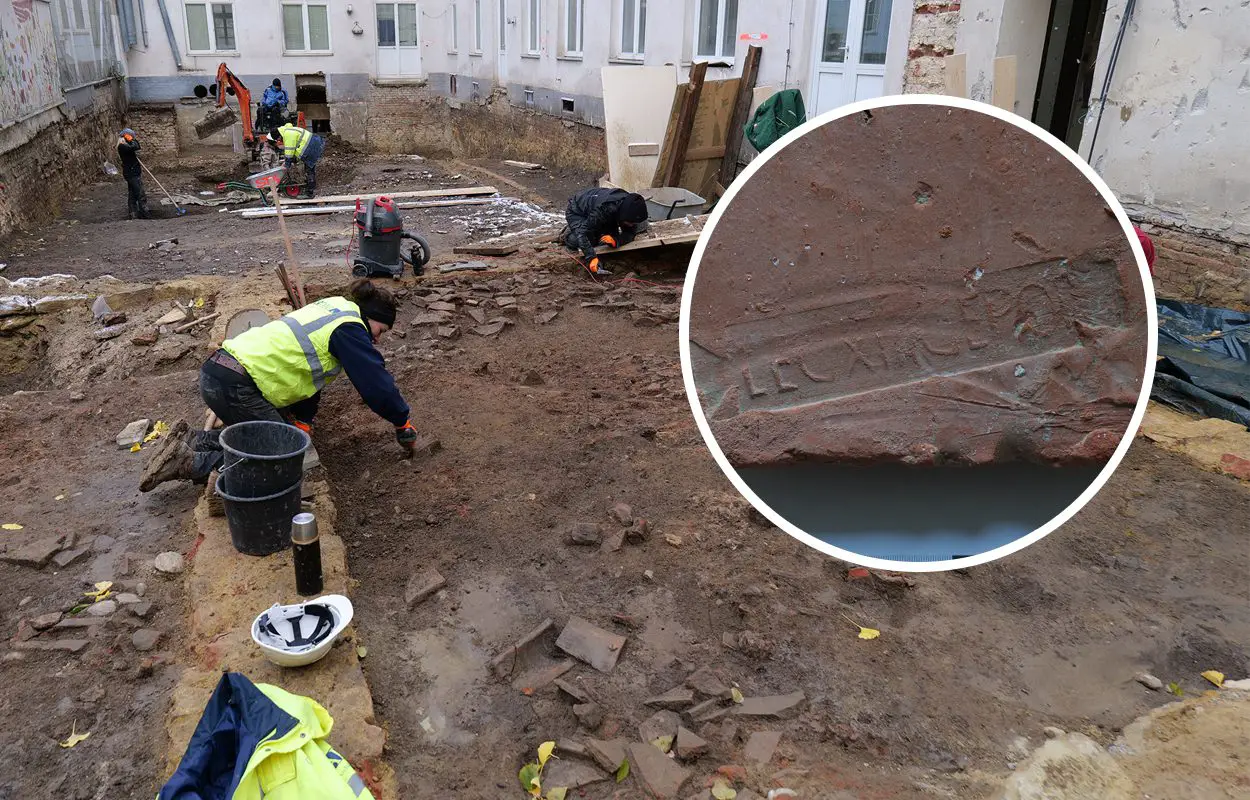Excavations by the Vienna City Archaeology department have uncovered traces of the 13th Legion Gemina during excavations in preparation for development at the Kindermanngasse Elementary School in Vienna.
The 13th Legion Gemina (Legio XIII Gemina) was a legion of the Roman Imperial army levied by Julius Caesar in 57 BC.
The legion remained faithful to Caesar during his civil war against the conservative Optimates faction of the senate, and accompanied Caesar when he famously crossed the Rubicon in 49 BC to march on Rome.
The legion was involved in numerous campaigns and major battles during the centuries, including the Gallic Wars, the Battle of Actium, and the Dacian wars.
The last recorded mention of the legion dates to the 6th century AD, with the Notitia Dignitatum, a detailed administrative document of the Late Roman Empire, noting that the legion was garrisoned at the Babylon Fortress in the former area of the Heliopolite Nome, situated upon the east bank of the Nile in Egypt.
Excavations at the Kindermanngasse Elementary School (the 4th oldest school in Vienna) have found evidence of a large-scale Roman building dated to the 2nd century AD.
One of the excavation trenches found a pit filled with bricks, which according to the researchers are remnants of pilae stacks used to raise the floor for a hypocaust heating system.
Upon closer inspection, archaeologists found that the bricks are stamped with the name of Legio XIII Gemina, providing conclusive proof that the legion was responsible for construction of the legionary camps at Roman Vindobona (Vienna) around AD 97.
Archaeologists also discovered remnants of post holes, pits, and ovens, along with indications of additional Roman structures. Moreover, they uncovered archaeological contexts dating from the medieval and early modern period.
Header Image Credit : Vienna City Archaeology





